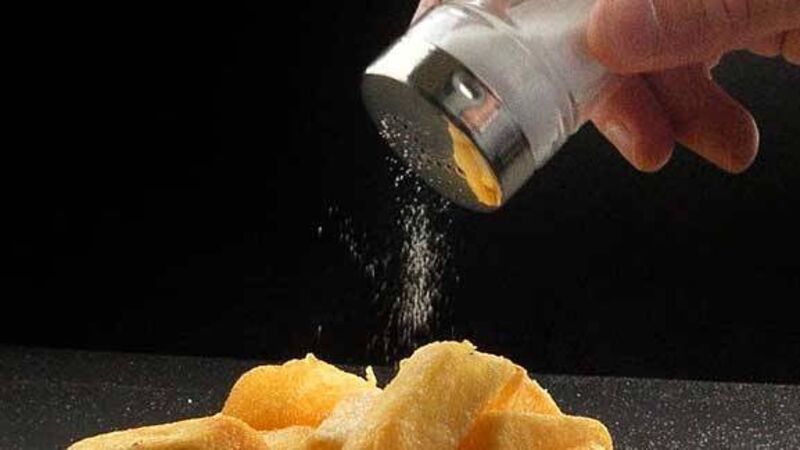Questions to ask your GP about cholesterol

I was advised to see my GP. I am a woman in my 40s and both my mother and older sister take medication for their high cholesterol. What questions should I ask my GP?
>>It is important that you have a fasting cholesterol test to confirm your result. Early morning is best as you will need to fast for at least 12 hours.











